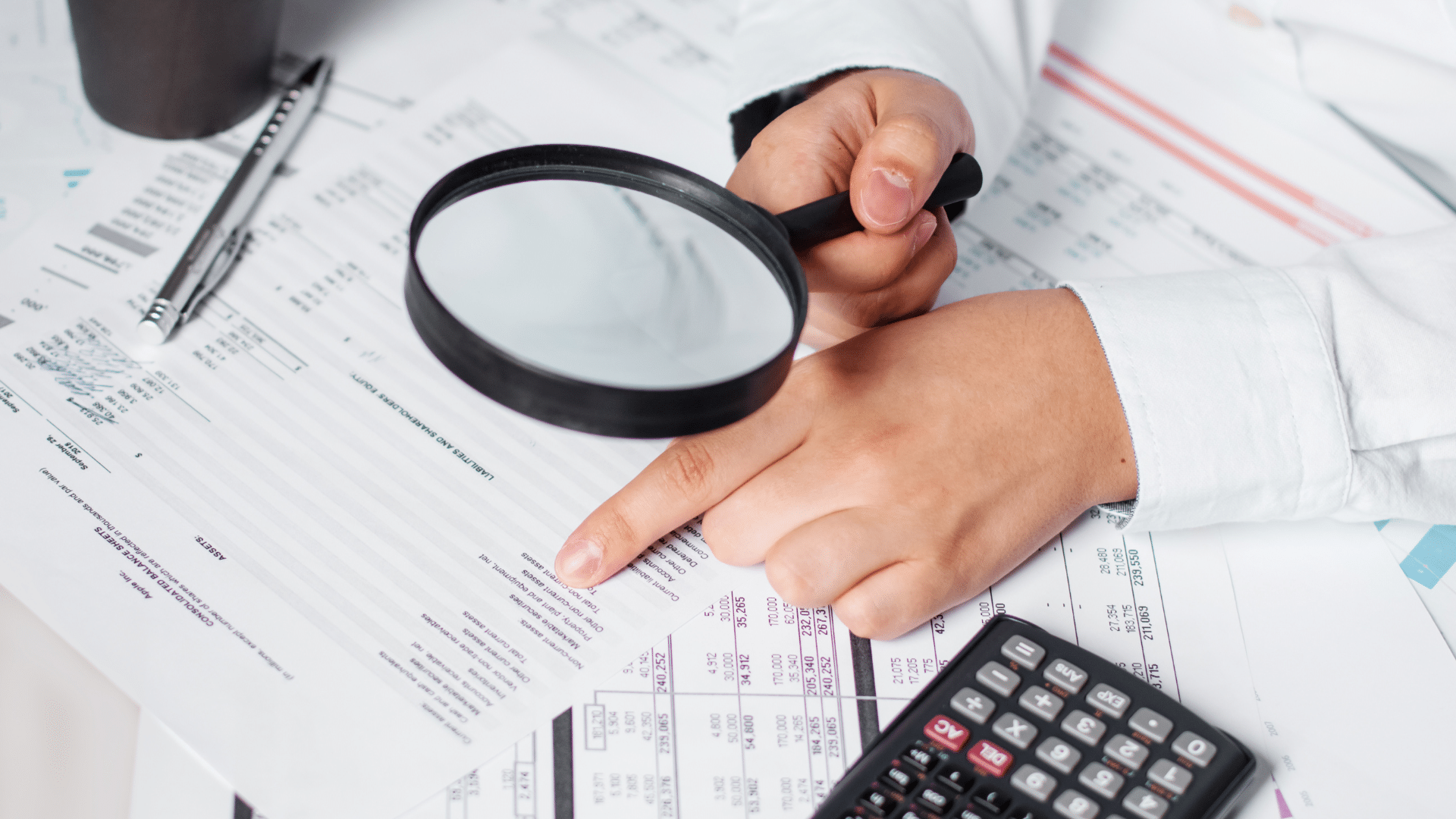If your business has employees, you have a payroll executive who ensures timely disbursement of salaries and documentation. Leaving the work to the payroll department is not enough. A survey found that most business owners and payroll executives are unaware of payroll audits. Multiple agencies, like the Canada Revenue Agency (CRA), employment standards boards, workers’ compensation bodies, and provincial finance ministries, conduct this type of audit.
The main objective behind a payroll audit is to ensure your business complies with tax laws, government programs, employment standards law, and worker compensation requirements. Every compliance has a different agency doing the audit. For instance, the CRA conducts payroll audits to ensure you remit and deduct all statutory payroll deductions. A trade union will inspect if the amount you collect and remit aligns with the collective agreement.
As a business owner, you should have some knowledge about the payroll audit and ensure your payroll department is well-prepared for an audit. This article will discuss what happens in a payroll audit and how you can prepare for one.
What Happens In A Payroll Audit?
Auditors from different agencies may approach your business differently, but the general rules of engagement remain the same. A government agency contacts the employer to set up a payroll audit with a proposed date and a list of documents the auditor will want to see. If the suggested date is not workable, you can request to reschedule. If the agency deems your reason acceptable, they might reschedule.
The list of documents may vary depending on the agency that contacts you. Once you get the communication, let your payroll team know about it and start preparing the requested documents and some extra ones the auditor might request. Give your payroll practitioners and human resources team ample time to gather the appropriate files and documentation.
The audit mostly happens at your place of business. Make sure you meet the auditor personally. Assign a knowledgeable person to give the auditor a tour of your business and help them access and review all the printed and electronic records. Hence, ensure your payroll professionals understand the payroll audit process to better represent the organization in the audit.
Make sure you provide the auditor with a private space. They work independently and reach out to payroll professionals if they have any queries. A typical audit could take 1-2 weeks, but it could take longer if the auditor finds many discrepancies. At the end of the audit, the auditor will present their findings and identify financial or reporting discrepancies, penalties or fines. And if you disagree with any of them, the auditor will also tell you the procedure for how to appeal. The audit process is complete when you resolve the discrepancy and pay the fines and penalties.
Preparation of Documentation
Instead of waiting for the agency to contact you, it is always better to know what records are needed and prepare them as and when the transaction occurs. It is better to incorporate these documents in your payroll process to ensure your business is well-prepared for an audit.
If it’s a CRA audit, they might ask you for general ledgers and accounting journals, bank account statements, sale and purchase invoices, T4s, T4As, and expense account statements. Sometimes, the auditor may ask for other documents like meeting minutes, cheque disbursements, cancelled cheques and contractors’ records. A payroll professional should keep all these extra documents handy if the auditor asks.
You can talk to fellow payroll professionals who recently underwent an audit to understand the type of documents the auditor seeks. Or you can directly consult the auditor and ask them what other documents they seek.
Once you know the documentation requirement, you can update and review the records.
Set Up Internal Controls To Prepare For Payroll Audit
Audit of any type is intimidating. Sometimes, an audit might trigger because of an entry, some misrepresented or unreported payments, a historical violation by you or the industry you operate in, or maybe just a random pick. The best way to prepare for an audit is to have an internal audit that sets up internal controls and reviews them occasionally.
For instance, your internal control might find a missing vacation or pay in the payroll. So you can rectify it by adding that pay to the next period’s paycheck. A discrepancy or error resolved internally could sometimes save the company from significant penalties, justifying the cost of all these efforts.
Contact McCay Duff LLP in Ottawa to Help You Prepare For Payroll Audit
Every audit is a learning. Skilled payroll professionals or bookkeepers with experience handling several audit cans help you prepare and better represent your business. At McCay Duff LLP, our bookkeepers can provide services such as setting up an internal system and documenting all records per CRA’s requirements. To learn more about how McCay Duff LLP can provide you with payroll and bookkeeping expertise, contact us online, or by telephone at 613-236-2367.





